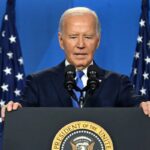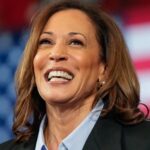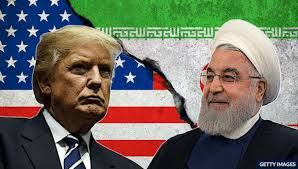
On October 17, 2024, Nigeria’s Finance Minister and Coordinating Minister of the Economy, Wale Edun, officially declared the end of both the fuel and foreign exchange (FX) subsidies. This announcement came during the presentation of the Nigeria Development Update by the World Bank in Abuja.
Edun explained that these subsidies had significantly drained Nigeria’s economy, costing the country over N10 trillion, equivalent to around 5% of its Gross Domestic Product (GDP). He highlighted that the termination of these subsidies marks a critical shift in Nigeria’s fiscal policy, stating, “For the first time in 40 years, the fuel and foreign exchange subsidies, which cost the country about 5% of its GDP, have been extinguished.”
The removal of the fuel subsidy aligns with President Bola Tinubu’s earlier commitment, made in May 2023, to end the subsidy regime. Since then, the government has not allocated any further budget for subsidies, a move designed to redirect resources towards more sustainable economic development and tackle the fiscal challenges the nation faces. Similarly, the FX subsidy, which had kept the naira artificially propped up, was also deemed unsustainable.
In addition to these measures, the government has introduced initiatives aimed at mitigating the potential effects on inflation and the cost of living, particularly focusing on the transportation sector. For instance, compressed natural gas (CNG) is being promoted as a cheaper alternative to fuel, with filling stations across the country now mandated to offer CNG at a significantly lower price than petrol.
These reforms are part of a broader economic strategy to stabilize Nigeria’s finances and reduce dependency on unsustainable subsidies while creating room for more productive investments in infrastructure and social programs.










